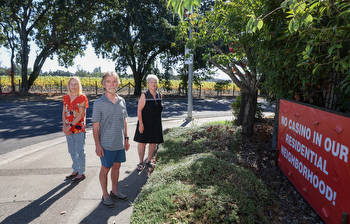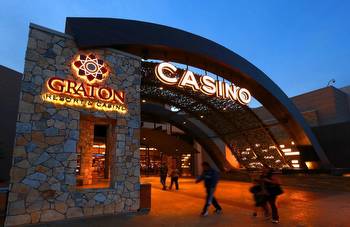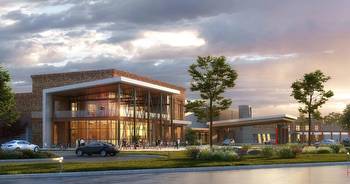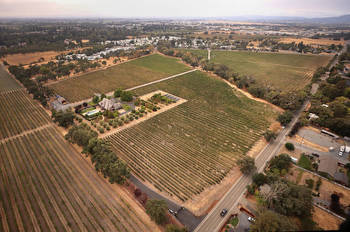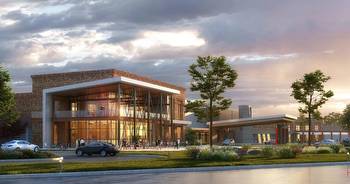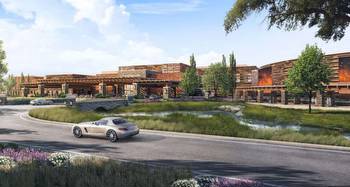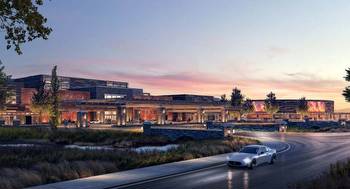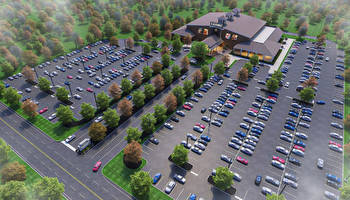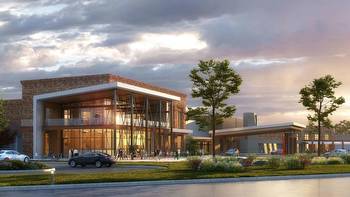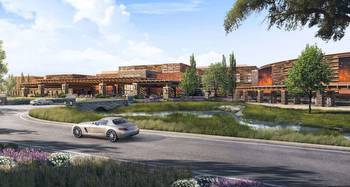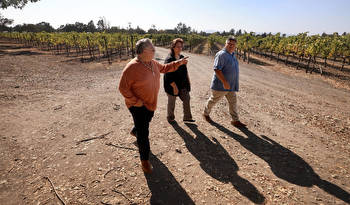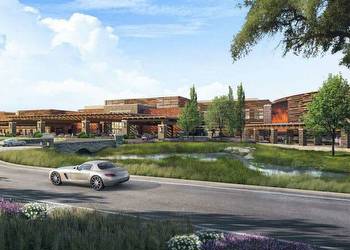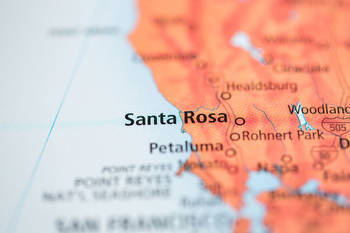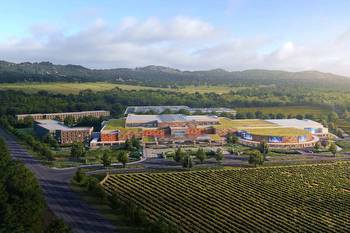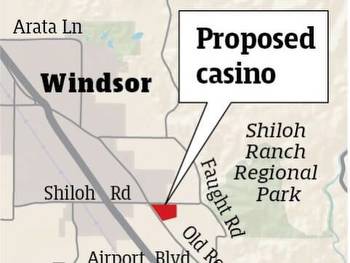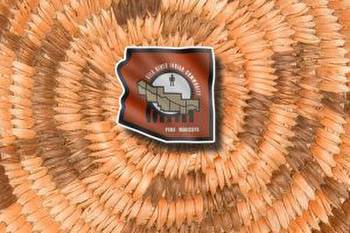Koi Indian tribe unveils plans for $600 million casino resort in Sonoma County

The Koi Nation, one of California’s federally recognized Native American tribes, on Wednesday unveiled plans to build a $600 million casino resort on 68 acres on East Shiloh Road near the Shiloh Ranch Regional Park northeast of Santa Rosa in unincorporated Sonoma County.
The tribe intends to convert what was a winegrape vineyard at 222 E. Shiloh Road it acquired this month for $12.3 million into the Shiloh Resort & Casino.
The project would include 2,500 slot and other gaming machines, a 200-room hotel, six restaurant and food service areas, a meeting center and a spa. Plans call for an energy-efficient resort blended with the natural landscape. No smoking will be allowed anywhere on the property.
Sam Singer, a spokesman for the tribe, said the resort design “looks more like a winery project.” Taken together, he said, the casino development will stretch across 1.2 million square feet of space.
The 90-member Koi Nation submitted plans Wednesday in Washington D.C. to place the 68-acre tract in trust, so it can exercise its sovereign rights under federal law to gain approval for the gaming operation and then ultimately build the resort.
The Koi Nation wants to build and operate the resort and casino under the 1988 U.S. Indian Gaming Regulatory Act, as well as the favorable federal court ruling in 2019 that recognized the tribe’s inherent rights.
The announcement and filing with the U.S. Department of the Interior’s Bureau of Indian Affairs starts the clock on what will be a multiyear approval and construction process, Singer said.
Federal authorities are expected to begin an environmental review of the land and open a public comment period on the project in 60 to 90 days, Darin Beltran, Koi tribal chairman, said in a statement.
The tribe hopes to start construction on the resort in one to two years, and it’s expected to take another two years until it’s finished, Singer said.
The property site is just over 10 miles from the Tribe’s historic lands within California’s Pomo territory.
“This region, the historic home of our people, today has one of the highest costs of living in the world, meaning that 90% of our citizens are part of what are considered low-income households,” Beltran said in the statement.
Revenue from the planned resort and casino will enable the tribal government to become economically independent and provide a long-term income source supporting the needs of current and future generations of tribal citizens, he said.
This is a developing story that will be updated.








